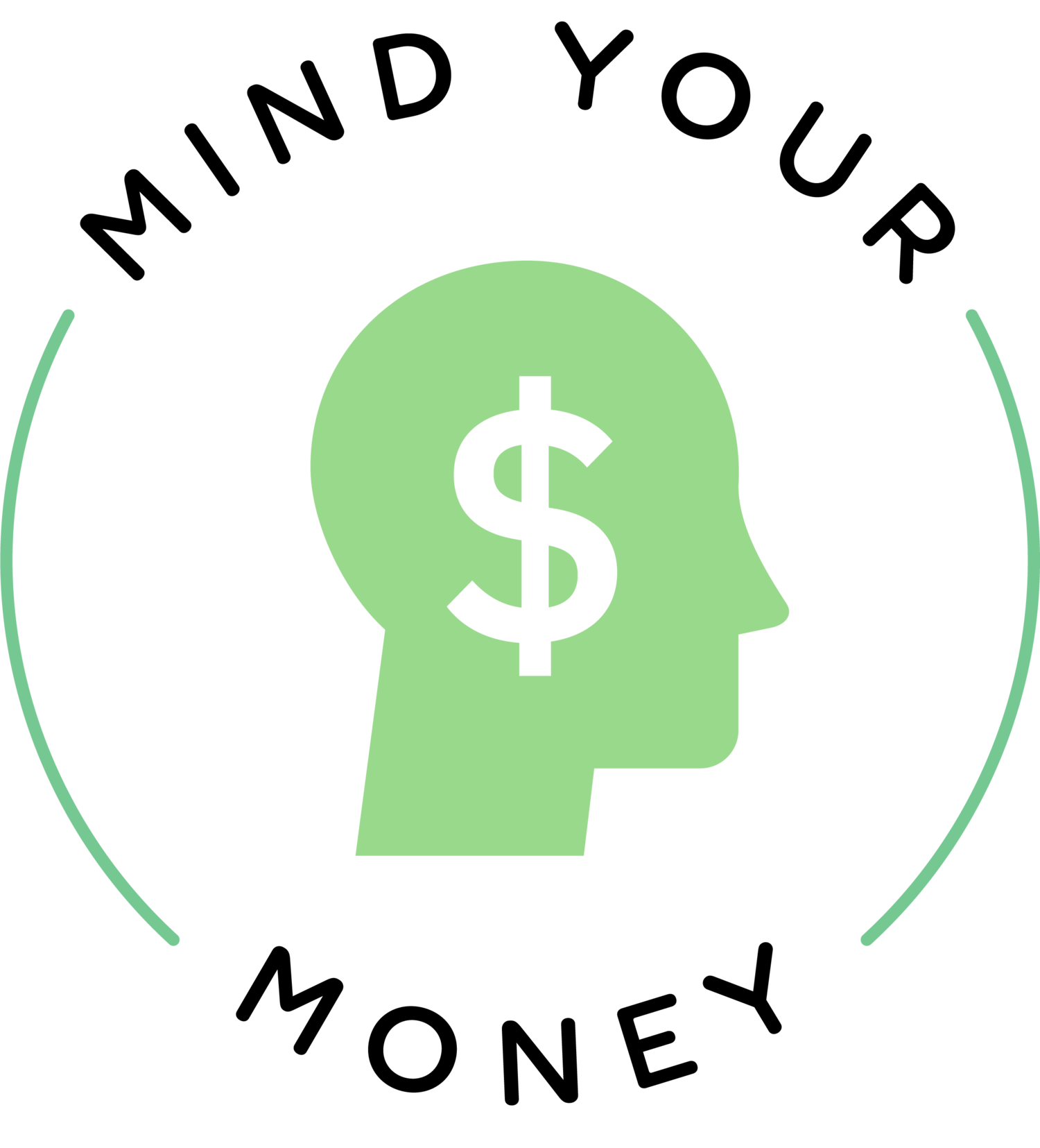What’s GDP?
Have you ever wondered what GDP stands for? Well, even if you haven’t, this week we’re talking about it!
GDP stands for Gross Domestic Product, which is a fundamental concept in economics that essentially gives us a way to present the economic well-being of a country in one number. In this article, we'll break down the basics of GDP and what it is composed of.
GDP measures the total value of all goods and services produced within a country's borders in a specific time period. However, GDP is not used as a standalone tool for making economic policy decisions because it doesn’t include non-market transactions, income inequality, or anything indicating if the economy’s rate of growth is sustainable. Regardless, it is generally accepted that the higher the GDP, the more output the country is creating and the better the economy is doing at the time. If you ever hear the term “GDP per capita” being used, that means GDP/the population, and it gives you an idea of average GDP per person.
For some context, here are the 5 countries with the highest GDPs
To calculate GDP, economists consider four things. The formula and explanations are below!
C + I + G + (X-M) = GDP
C= Consumer Spending: The t-shirt you bought last week, all the iced lattes you inevitably consume, your iPhone. Everyday spending by people is the largest part of GDP.
I = Investment: Factories, machines, stuff that businesses buy to produce their goods and services. When this investment spending is high, it's a sign that businesses believe the economy is growing in the near future.
G = Government Spending: The government pays for public schools, hospitals, roads, military, and a bunch of other stuff. It’s a pretty big part of GDP!
(X-M) = Net Exports: This sounds funky but we promise it’s simple. This component subtracts the imports a country makes from its exports. Imports are when you buy goods from another country, and exports are when another country buys goods from you. A positive number for this component means a country is exporting more than they are importing, which is widely considered as good for the economy.
GDP is essential for several reasons, but mostly because it is a measure of economic health, allows for international comparison, and is important in making economic policy decisions.
We hope this helps, and drop any questions below!

